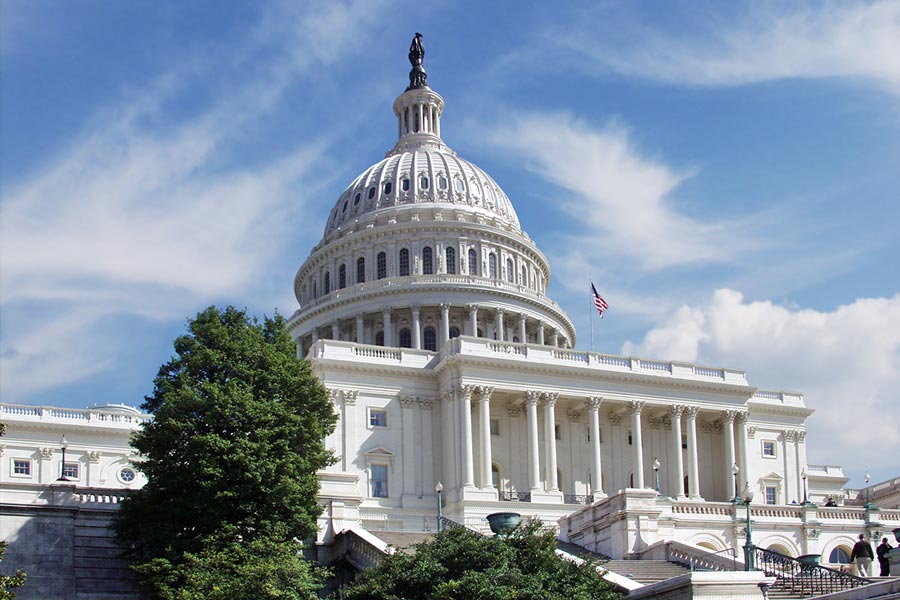A Federal Fix for Wayfair?

For over 50 years, US law was such that remote sellers could not be forced to collect another state’s sales tax unless the remote seller had some sort of physical presence in the state. However, in June of 2018, the United States Supreme Court changed the law of the land in South Dakota v. Wayfair. The Court ruled a state could require a remote seller to collect the subject state’s sales tax IF the remote seller exceeded a certain dollar or sales volume threshold into the state. The threshold upheld by the Court was $100,000 of sales or 200 transactions into the state.
Congress appears to be moving to limit the Court’s decision. On September 13, 2018, a new bill was introduced into the House aiming to accomplish several objectives. First, H.R. 6824 strictly prohibits the states from retroactively imposing a sales tax collection requirement before Wayfair was ruled upon in June. Our firm has already seen Florida attempting to retroactively apply Wayfair despite Florida saying otherwise in Wayfair. Second, states are allowed to require sellers to collect sales tax no sooner than January 1, 2019, which allows sellers an ample amount of time to get their systems updated and register with the appropriate states. Third, and finally, the bill does not allow a state to force a business to collect sales tax unless the business has gross receipts of greater than $10,000,000.
What is missing from the bill is a threshold similar to Wayfair. As it stands, if a seller has more than $10,000,000 of gross sales, then the seller potentially has nexus with every state. The bill should have included an additional provision identifying what specifically empowers a state to force a remote seller to collect sales tax for that state. For instance, the bill could add language that in addition to the $10,000,000 gross receipts threshold, sales into a specific state must be at least $500,000 regardless of the number of transactions. This would ensure that not just small businesses were protected but also businesses which truly do few sales into a state from being forced to collect sales tax and be subject to audit.
The bill, at the time of writing this article, has been introduced but has not yet been considered by any committee. The bill may be tracked HERE.
Jeanette Moffa is an attorney who concentrates on state and local taxes at Moffa, Sutton, & Donnini, P.A. She is also an adjunct professor and assistant editor to the American Bar Association’s The Sales and Use Tax Deskbook. For more information please call us at 888-966-8216.



